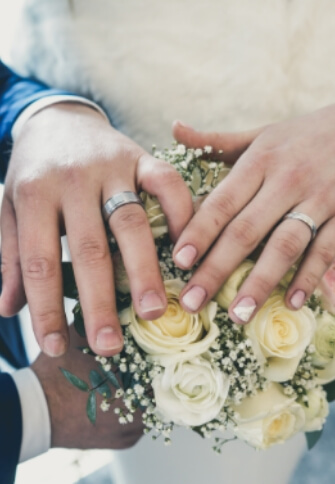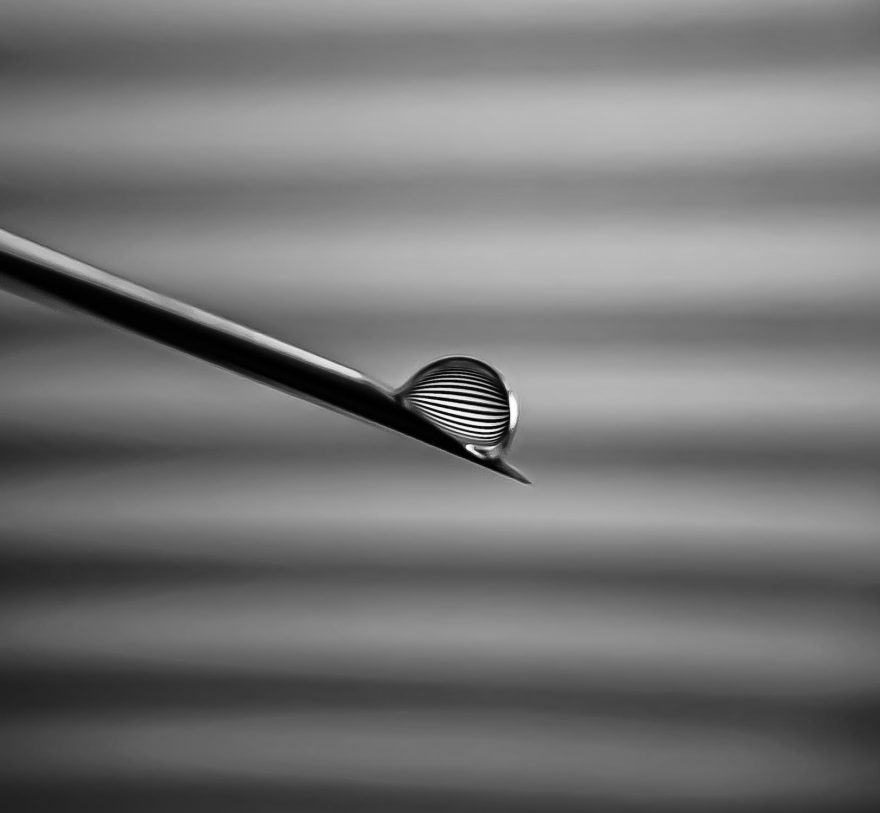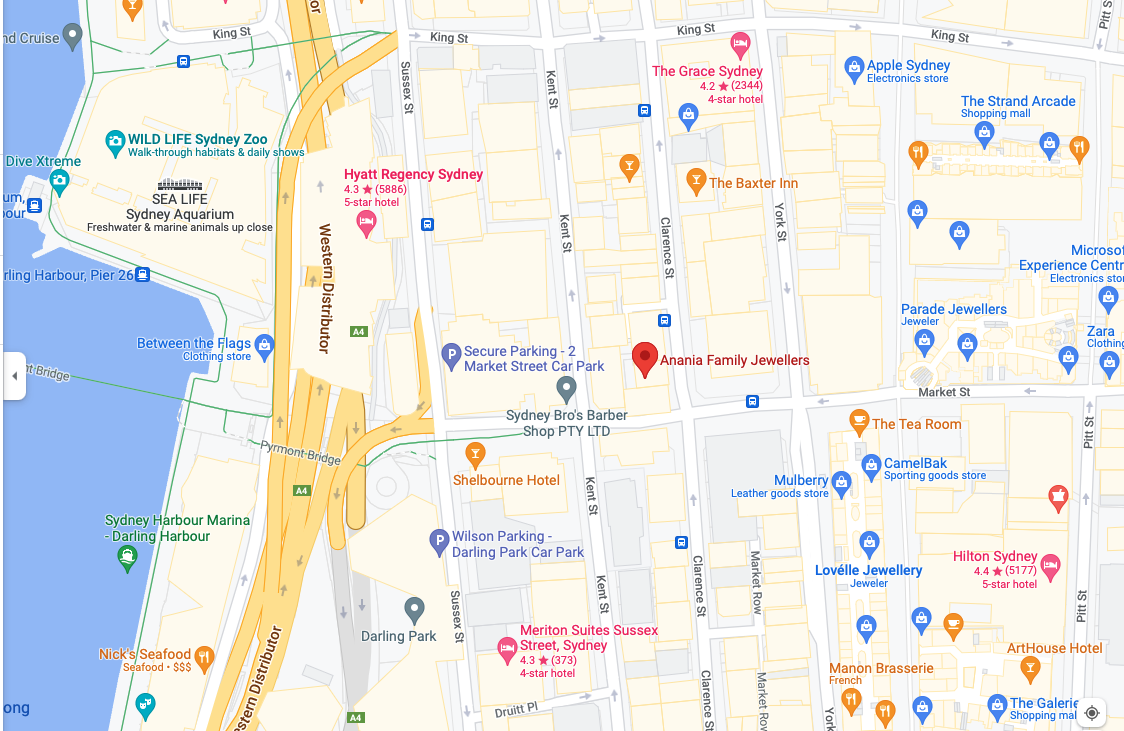Tungsten is a similar grey-silver coloured metal-ceramic that can also sometimes be found treated with some black coatings for a shiny black look.
Gold is usually ‘curated’ mixed with other metals to add durability due to its natural softness. These other metals can alter the colour of the gold to make softer yellows, whites-greys, pinks and other more recent colours.
Platinum is a whiter silver colour than titanium. Silver has a very white silvery look.
Titanium is very resistant to bending, and cracking and has good scratch resistance. Stone settings in titanium resist loosening very well. Titanium’s high strength allows innovative and more delicate stone settings than traditional softer jewellery metals.
Being actually a metal-ceramic has very high hardness and brittleness. Its resistance to scratching is the best, but it comes at a cost of toughness. If hit or shocked hard enough will actually break instead of flex, therefore destroying the ring.
Gold usually has good durability, but will wear down over the years. Scratches will reduce the brightness of its polish or other finishes quite quickly. Gold can bend if stressed moderately, but it will usually never crack unless very thinned by wear.
Stone setting in gold covers a wide range of traditional designs but is not strong enough for many creative new setting designs. Setting in gold can loosen over time.
Platinum resists wear due to its almost rubbery nature. It will lose its lustre with scratches, but the metal will remain intact better than gold or silver.
Platinum will deform under moderate stress, but will almost never break. Settings in platinum have a better durability record than in gold or silver, but will still loosen over time more than titanium. Platinum is usually too soft to allow many new stone setting styles.
Silver is the softest jewellery metal. It scratches very easily and can bend even with moderate wear, but is unlikely to break. Stone settings in silver are usually bulkier to add durability.
Darkening from tarnishing oxidation can also be a problem.
Titanium is very lightweight. Its lightweight may even surprise some people. It has been described to “feel as if it is not even there”.
Tungsten and platinum are the heaviest jeweller metals, while carat golds and silver are somewhat less heavy.
The light weight of titanium has the added advantage of remaining stable and not rotating on the finger, therefore keeping the stone setting more often in sight and not needing regular readjustments to have the correct look.
Titanium is a natural element that has a silver-greyish-white colour. Titanium is the hardest natural metal in the world. It is very strong, three times the strength of steel and much stronger than gold, silver and platinum and yet is very lightweight.
Pure titanium is also 100% hypo-allergenic which means that it is safe for anyone to wear as it will not react to your skin.
Titanium provides several unique factors that make it a good metal for jewellery.
It is very strong, more dent, bend and scratch resistant than gold, silver and platinum, is lightweight and importantly offers an exotic array of colours that other metals simply do not. One factor to consider with titanium is that titanium cannot be soldered, which means that titanium rings cannot normally be resized.
Titanium rings made using pure titanium can normally be cut-off the finger in the event of an emergency, though they are more difficult to cut-off than gold, silver or platinum rings.
Aircraft grade titanium rings normally cannot be cut-off in the event of an emergency. Titanium is popular in earrings and bracelets for both ladies and men.







